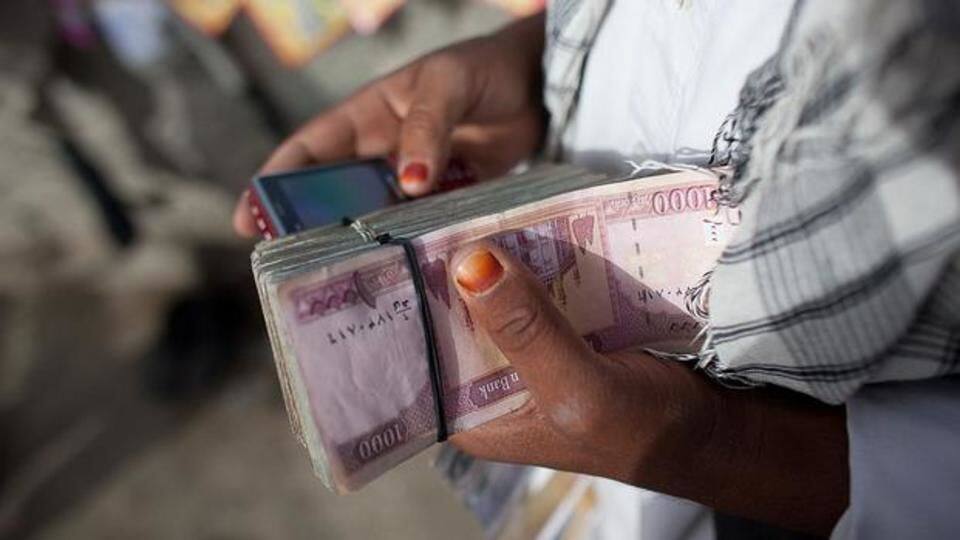
Black money: Purchases above Rs. 6L will soon be flagged
What's the story
Soon, any purchase you make costing over Rs. 6L will have to be reported to the Financial Intelligence Unit.
The limit is still under consideration, but officials said it will primarily be applicable on jewelry and luxury goods.
Such a step would kill two birds with one stone and help both the Enforcement Directorate and the Income Tax department. Here's more.
Jewelry
The lure of jewelry for black money holders
Jewelry is among the most common ways of converting black money. In the initial days of demonetization, especially in the immediate hours afterwards, gold prices surged to as high as Rs. 50,000/10gm from Rs. 31,000.
As much as 250kg of gold was sold in Mumbai alone.
I-T sent notices to hundreds of jewellers seeking details of sales in those days, including CCTV footage.
Rules
Attempts made to check jewelry sales, but not very fruitful
The government requires financial institutions including banks to report all cash transactions over Rs. 50,000.
In August 2017, jewelers were added to the list. However, no threshold was mentioned, causing much inconvenience for traders.
This dented sales in the festive period last year; customers didn't want to part with their personal identification numbers.
The notification for jewelers was eventually withdrawn in October.
Information
The latest direction kills two birds with one stone
The goal of the latest move is twofold. It, along with other measures, would help the enforcement directorate to detect money laundering. On the other side, it would help I-T to identify individuals whose expenses do not match their known sources of income.
Measures
These other transactions also have to be reported
The government has several other measures to clamp down on black money. For example, cash transactions above Rs. 2L are barred.
All financial institutions have to maintain records of transactions of over Rs. 10L, and cross-border transfers of over Rs. 5L.
Sales of immovable property worth over Rs. 50L are flagged.
Cash deposits in banks of more than Rs. 50,000 are also reported.
Loopholes
Will such measures help check black money?
Despite restrictions on several kinds and values of transactions, a recent ED report showed that 48% of black money is laundered through legitimate channels, particularly through shell companies.
"As long as political funding is in cash and there is a systemic problem of bribes, black money cannot be rooted out through these cosmetic measures," said MM Joshi, former CBDT chairman.